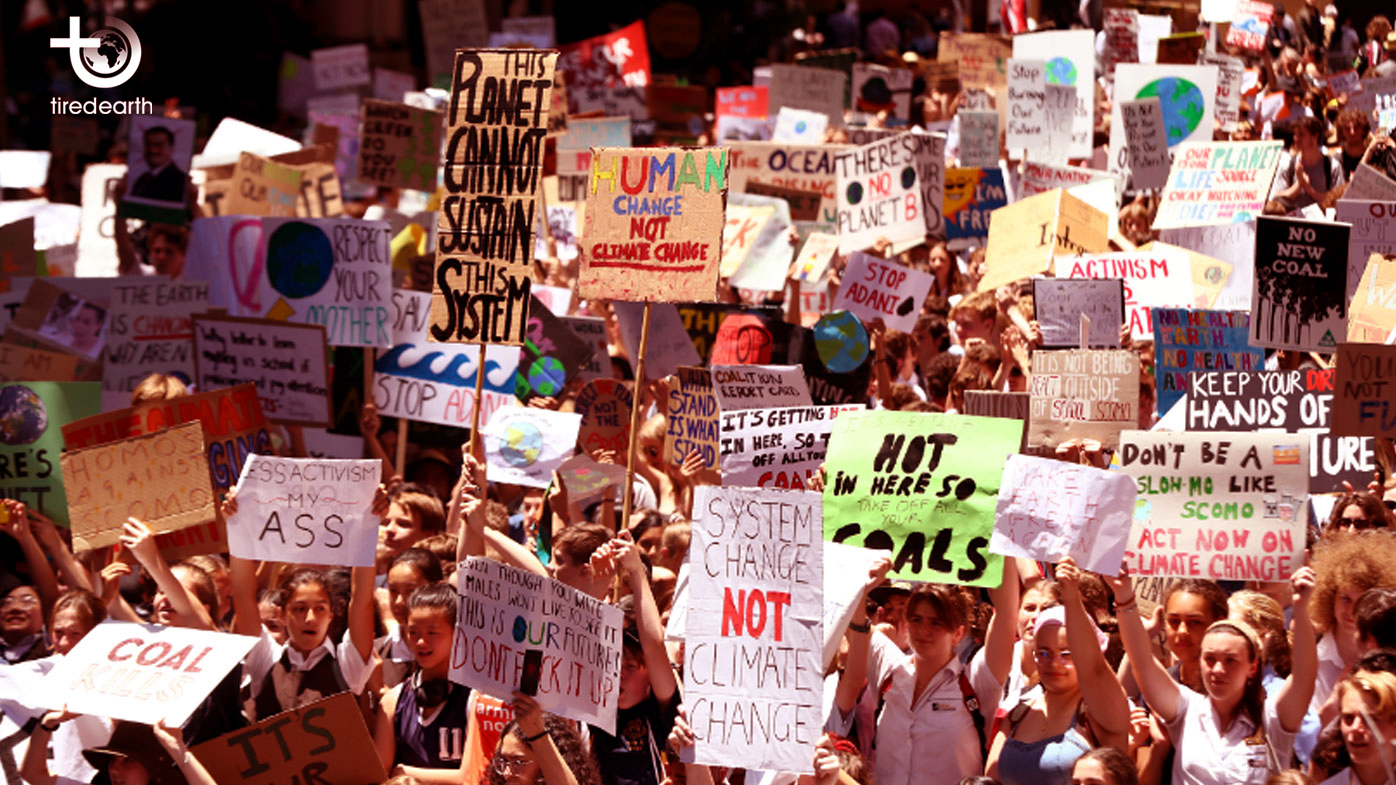Developed countries put profit over planet whereas the priority for developing economies is poverty reduction. The world must think about ways of lifting people out of poverty without destroying the planet. Tragically, some leaders in the developed world oppose climate change for political agendas in the guise of economic growth. Thus, in 2018, the world utilized one year’s natural resources in just seven months. Education on the reality of climate change will help decouple economic growth from over-dependence on natural resources. It will teach us how to ‘do more with less’. With proper education comes the understanding that shutting one industry helps open up others. For example, shutting the disposable plastics industry will create opportunities for environmentally friendly alternatives manufacturing.
Economies should no longer be labelled capitalist or socialist but sustainable or non-sustainable. Manufacturers must be educated in the principle of ‘End Producer Responsibility’ whereby they take back all they have produced to recycle or reuse it. This will go a long way in mitigating climate change. The process of education must include “green budget” planning by governments at the macro and micro economic levels.
The world also needs to be educated on the six R’s (Reduce, Reuse, Recycle, Repurpose, Reinvent and Refuse) of waste management.
People must learn how not to waste valuable resources, like water. Buckets should be used instead of hosepipes to clean cars. Water preservation makes the concept of showering redundant and bucket bathing popular once again. These wastages are a matter of common sense, which is most uncommon. Adaptation to climate change means anticipating its adverse effects and taking appropriate action to prevent or minimise the damage they cause, or taking advantage of opportunities that may arise. Quality education will help us think responsibly enabling out-of-the-box solutions and encouraging adaptation to environment friendly alternatives to reduce dependence on fossil fuels. Sustainable practices can be imbibed through proper education at all levels of society and stages of life, through multiple platforms.
Education on climate change will inculcate a new spirit of enquiry in the fields of science and economics, with the vision of creating a sustainable planet. Education is the backbone of innovation. Transportation is a key impact area. Cars must use renewable energy sources. Sustained awareness campaigns will encourage people to think about the planet over profit and convenience. They will prefer using public transport, car-pooling and bicycles. Once ‘Right to Healthy Living’ and safeguarding the planet for future generations becomes the demand of the people, governments will no longer be able to ignore the issue. Serious re-education of governments about the dangers of climate change on our planet will play a vital role in mitigating climate change and ensuring swift adaptation to sustainable methods of life and economic growth.
It is imperative to integrate into our education system issues of disaster management, environmental and climate change with an aim to increase climate literacy of the youth.
Decades of misinformation and data manipulation on causes of climate change can be stopped only through education. Investing in quality education to fight climate change is essential to achieving the UN sustainable development goals. Leveraging education, as an important tool for climate change mitigation and adaptation is the need of the hour to save the planet – the only home mankind has.
ADITYA MUKARJI
A Student, Youth Eco-warrior against single-use plastics.
Volunteer intern at the NGO Chintan & volunteered at UNDP India
















Marie Annibella
2024-11-30
It was an interesting article. It is very interesting and respectable that your site emphasizes the role of youth and teenagers on the environment. This awareness should continue and be done in all countries.